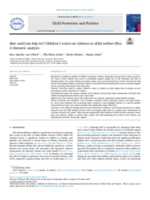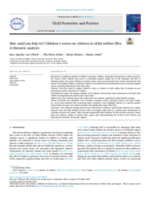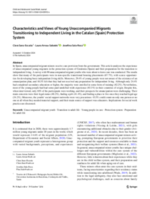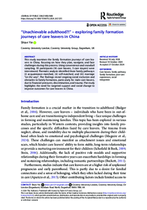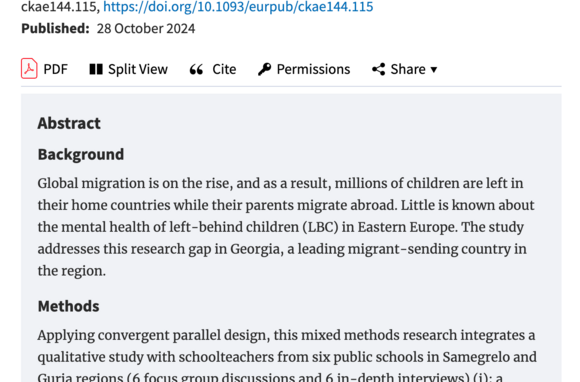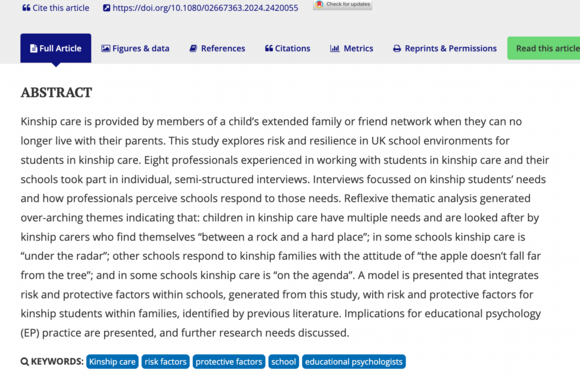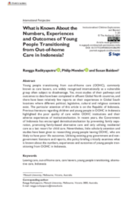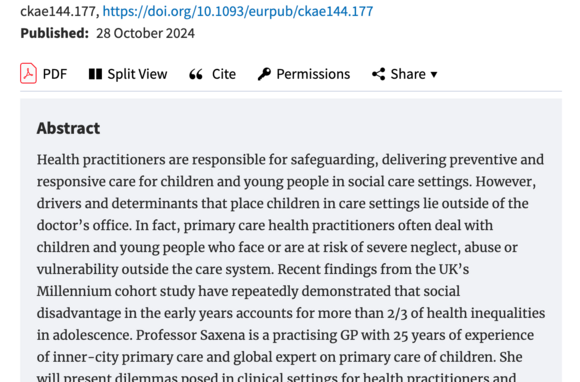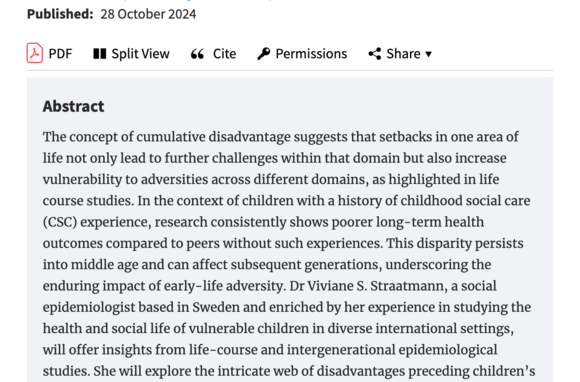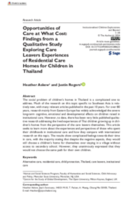Working With Traumatised Children During Traumatic Times: Residential Child Care Educators' Compassion Fatigue and Work Engagement
Drawing from an Italian study conducted in residential care for children, the authors aim to investigate residential childcare educators' levels of compassion fatigue and work engagement, and to focus on the individual, work and organisational conditions associated.

